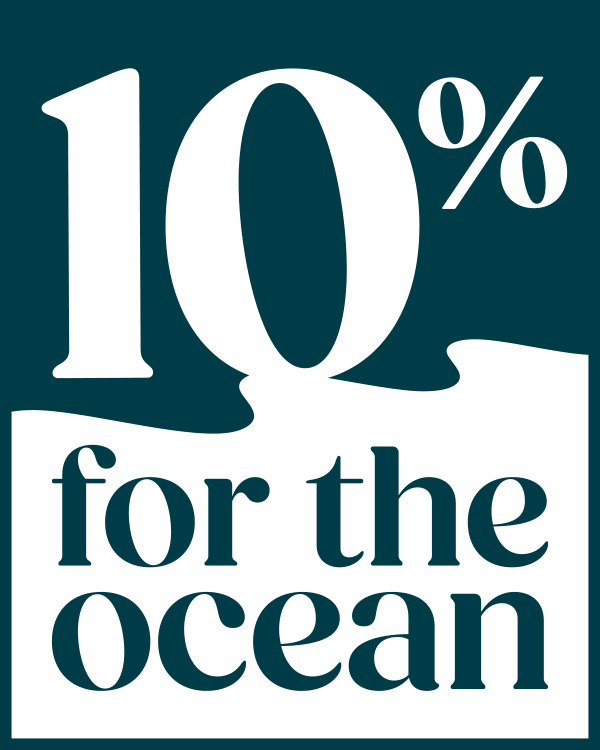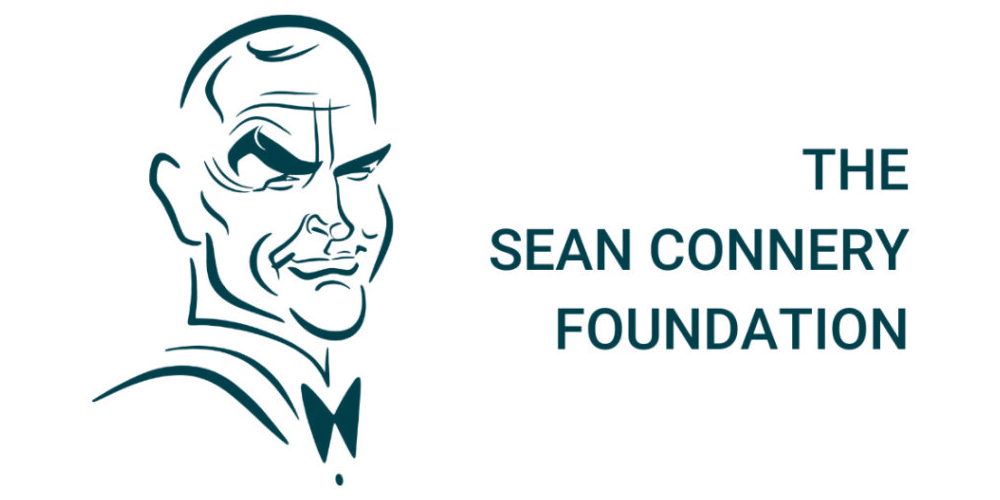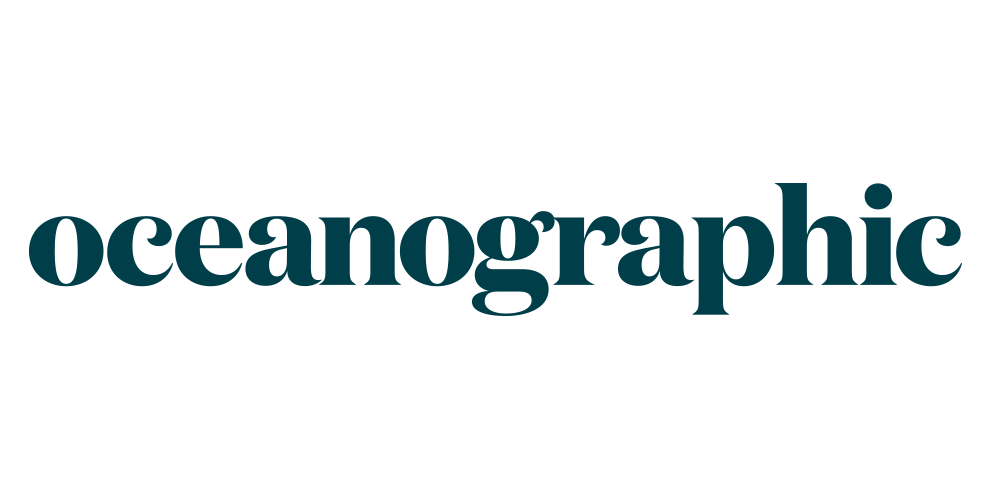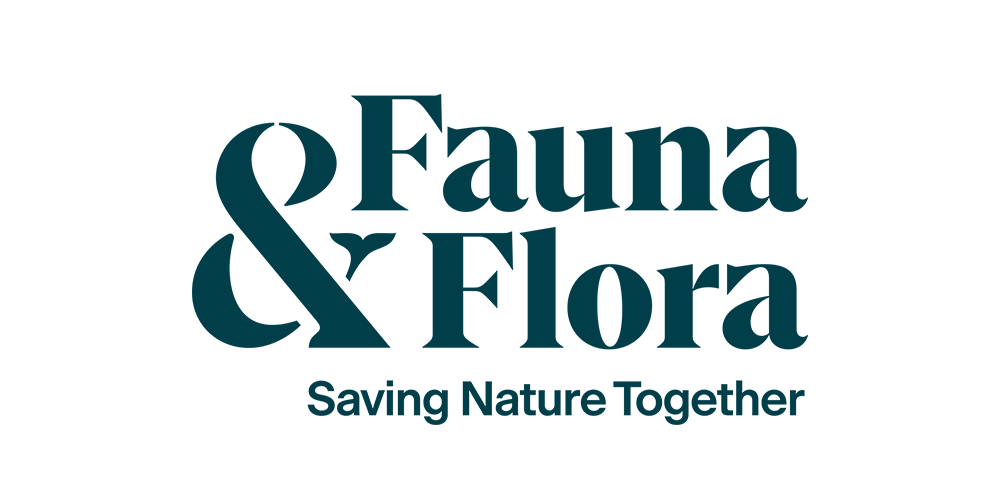The ocean sustains life on Earth. Yet despite generating half the world’s oxygen, sequestering heat, and nourishing billions, it remains the least funded of all global crises receiving less than 1% of all philanthropic funding. We are changing this by partnering with bold, fully committed donors pledging at least10% of their philanthropy to ocean recovery. With enough backing we can stop overfishing, restore marine ecosystems, and ensure 30% of our ocean is effectively protected by 2030.10% for the Ocean is not merely a grant-maker - it is a movement catalyst, transforming fragmented giving into strategic investment, amplifying frontline voices in ocean health, and turning collective intent into quantifiable blue recovery.
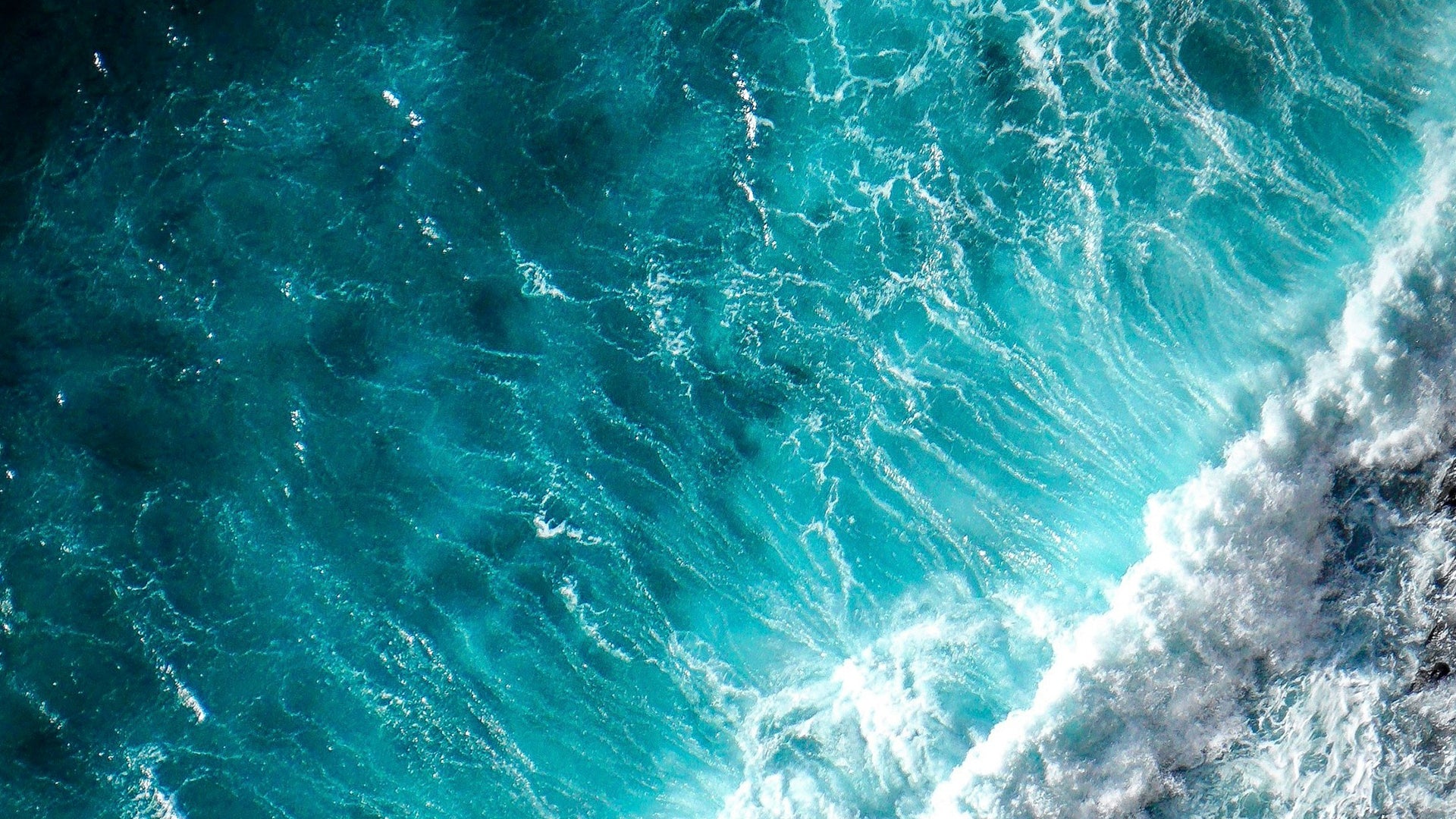
10% for the Ocean is working on the opportunity of our generation:
Rebalancing global giving for planetary impact by build a dedicated philanthropic fund for ocean health.
10% for the Ocean is a global, collective philanthropic vehicle that mobilizes capital for ocean recovery at scale. Through our 10% pledge model, we invite individuals, businesses, and foundations to commit 10% of their annual charitable giving to protect and restore the most critical ecosystem on the planet: the ocean.
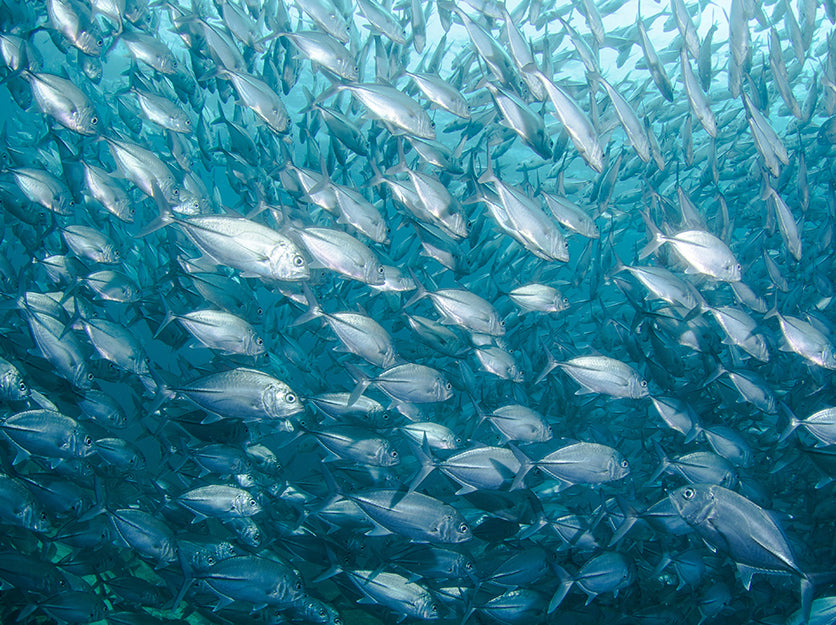
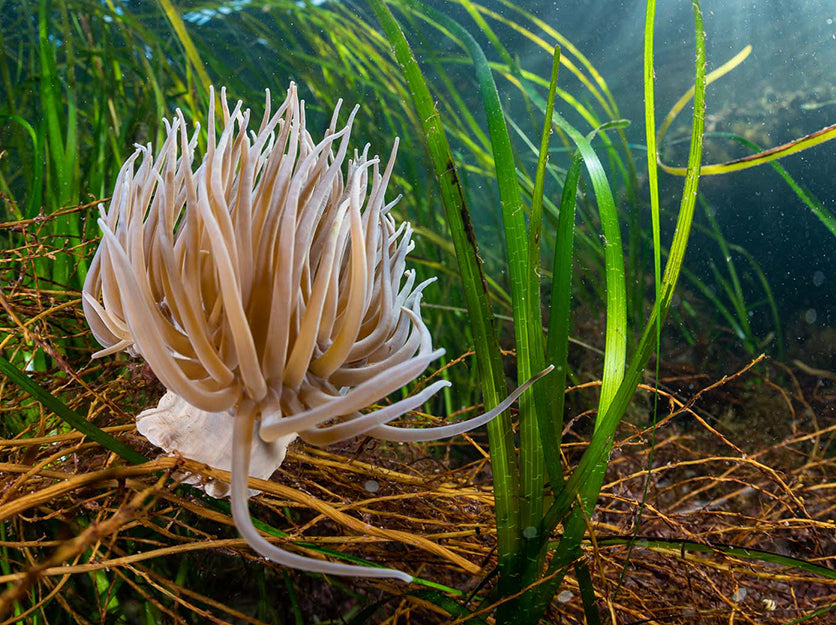
Join us in shifting global charitable funding for ocean protection and restoration from less than 1% to10%. Together, we can forge a truly nature-positive future - a future that halts and reverses nature and biodiversity loss by 2030 and achieves full recovery by 2050. We do this for all of us, for the wonderous beings of every shape, size and colour with whom we share this planet with, and for the generations yet to come.
We have already passed critical tipping points and are soon to cross more. There are no silver bullets and inaction is also an active choice. It is only us, those of us alive today, that are deciding what happens next to life on Earth. What legacy do we wish to leave? What responsibility do we feel towards our fellow Earthlings and our collective descendants? With what moral grounds do we change the biogeochemical foundation that allows life on this planet to exist?
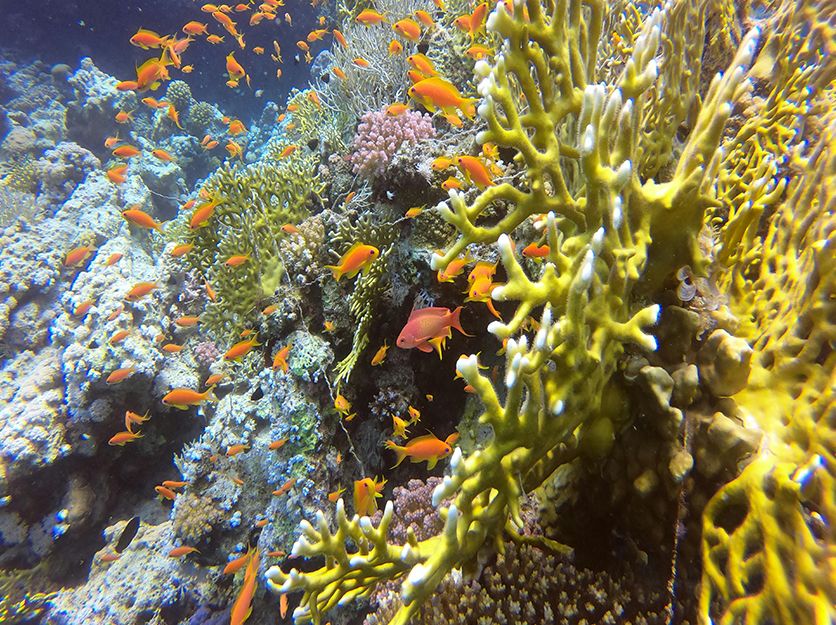
At 10% for the Ocean we believe it is an ethical imperative to behave such that the effects of our actions are compatible with the permanence of dignified life and a healthy biosphere. We are already rising to the challenge and bringing hope to those working for our collective health and future by accelerating, strengthening and amplifying their work.
We can do this. We must do this. Will we do this - will you take part?
As Sir David Attenborough says “Surely nothing can be more important”.
Our Focus Areas
Marine Conservation Programs
Legal & Advocacy Efforts
Education & Awareness Raising
Research Initiatives
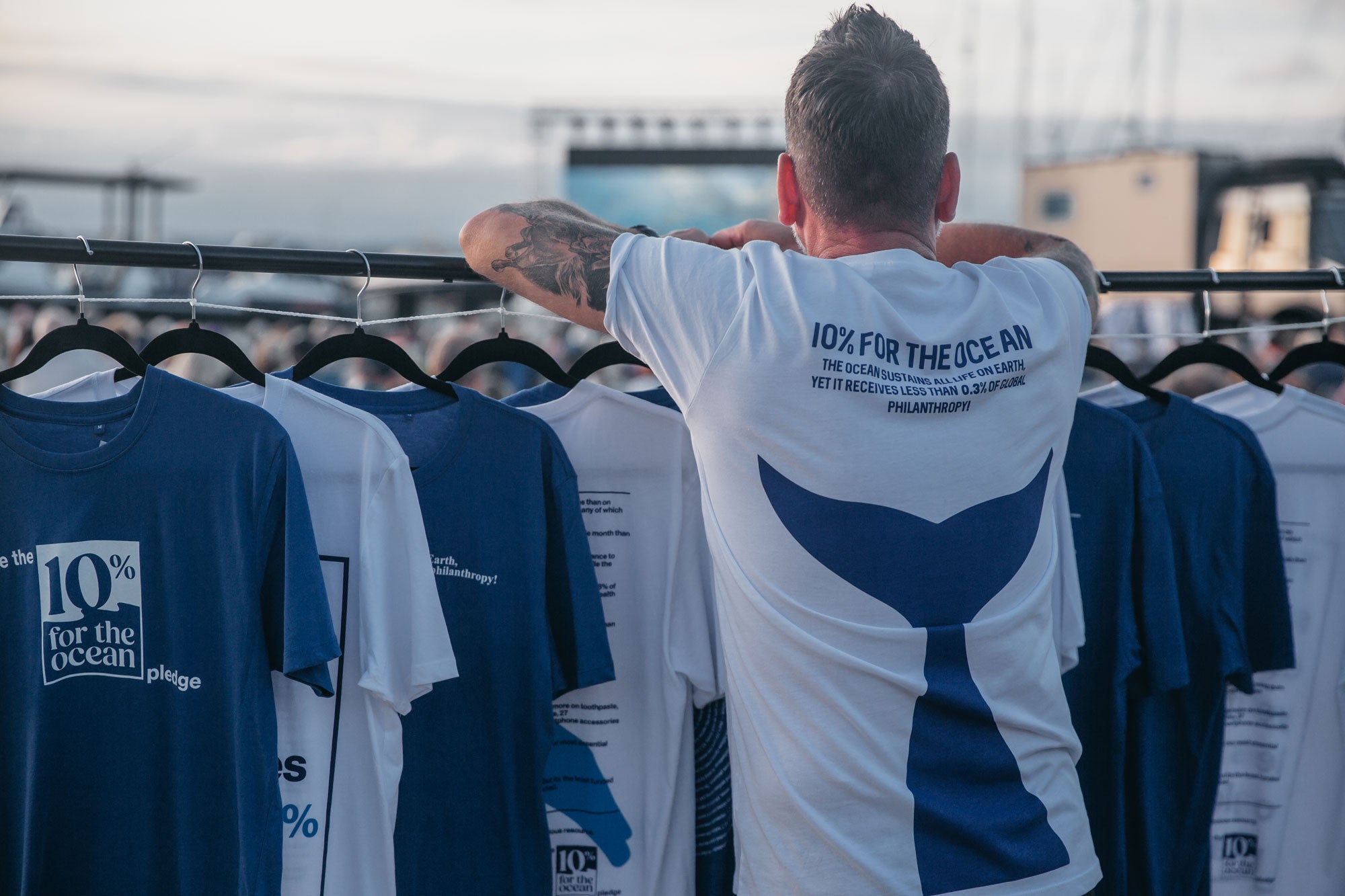
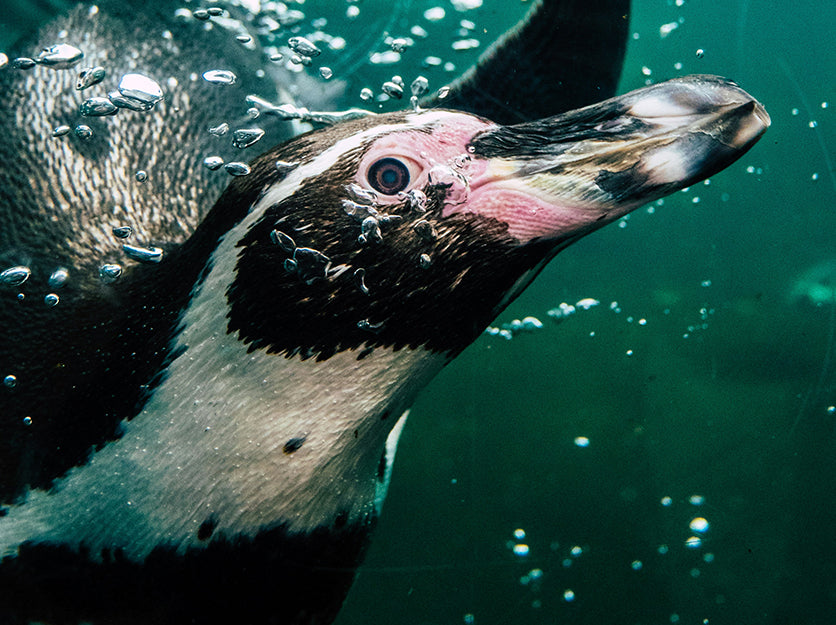
A Super Fund for Maximum Impact
We combine the scale of collective giving with a worldwide network of critical ocean causes, providing a single point of action to promote ocean health and support a blue recovery. A little like a mutual fund for the ocean.
This pooled funding approach combines resources from donors all around the world to create significant impact. By contributing to the fund, you join a community of like-minded individuals, business and organisations dedicated to marine conservation. Every donation, big or small, will help drive substantial progress in protecting our ocean.
Together, we can make a lasting impact.
